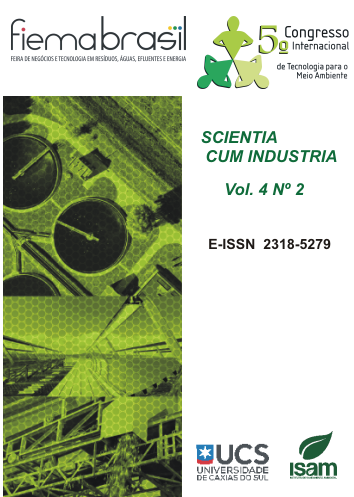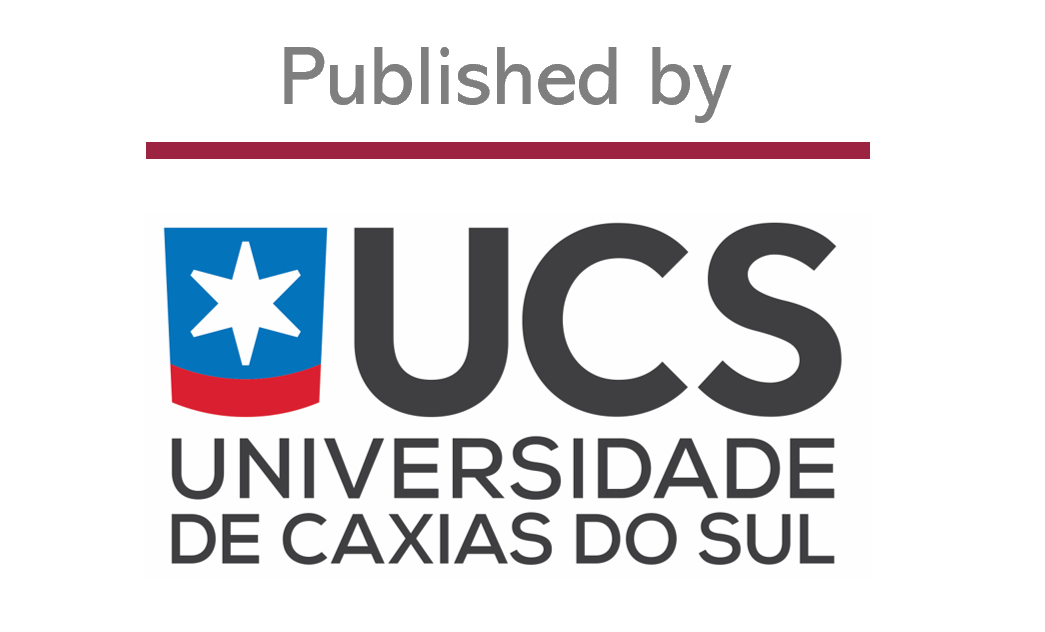Treatment of urban residential organic waste through anaerobic digestion
Abstract
The amount of waste generated nowadays is a reflection of population growth and consumerism, many times, unnecessary by people. Organic waste is the most part of the solid waste generated. This waste need to be treated adequately to avoid environmental problems and health problems in people. The objective was to treat urban residential organic waste and to verify the efficiency of the transformation into biogas and bio fertilizers. A digester of the Indian type was used in Nova Palma, Rio Grande do Sul. The research was developed in the period of three years with a daily monitoring. The average biogas production was higher in the summer for three years and it was more stable in the third year in different seasons. There were no reagents to coliforms. The study found that anaerobic digestion has potential in treating organic waste.
Downloads
Published
How to Cite
Issue
Section
License
Declaração de originalidade e cessão de direitos autorais
Declaro que o presente artigo é original, não está sendo tendo sido submetido à publicação em qualquer outro periódico nacional ou internacional durante o processo de revisão. Através deste instrumento, em meu nome e em nome dos demais co-autores, porventura existentes, cedo os direitos autorais do referido artigo à revista SCIENTIA CUM INDUSTRIA. Contudo, a reprodução total ou parcial impressa ou eletrônica pode ser feita desde que o autor comunique oficialmente à revista. Declaro estar ciente de que a não observância deste compromisso submeterá o infrator a sanções e penas previstas na Lei de Proteção de Direitos Autorias. Declaro estar ciente de que a não observância deste compromisso submeterá o infrator a sanções e penas previstas na Lei de Proteção de Direitos Autorias (Nº9610, de 19/02/1998).





